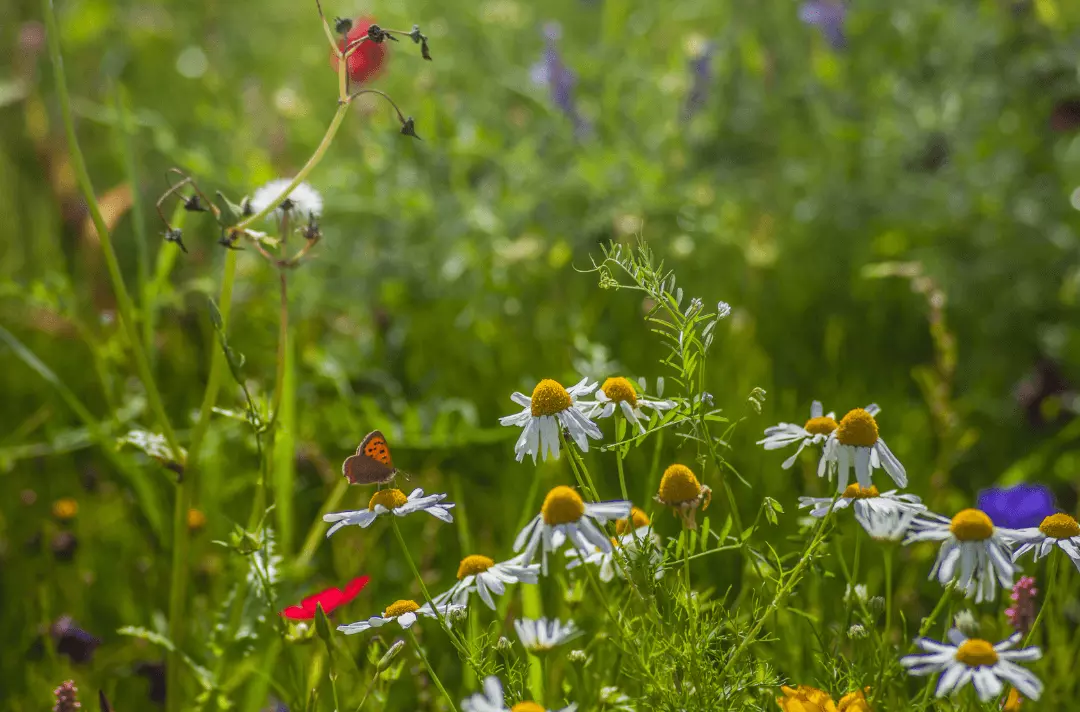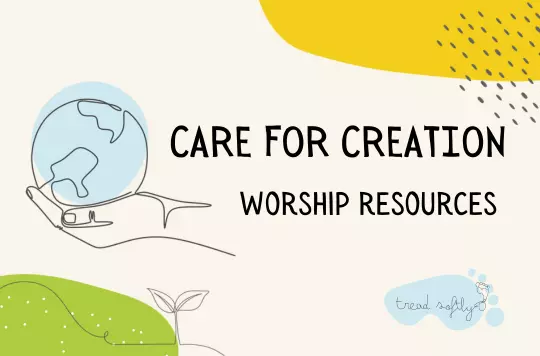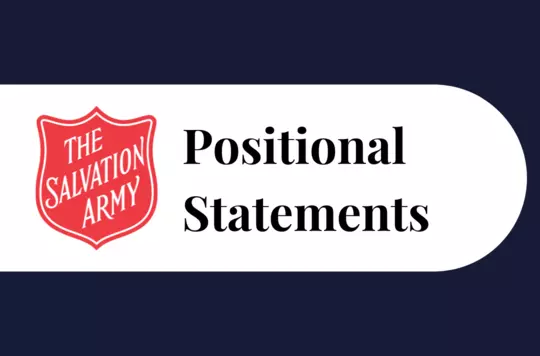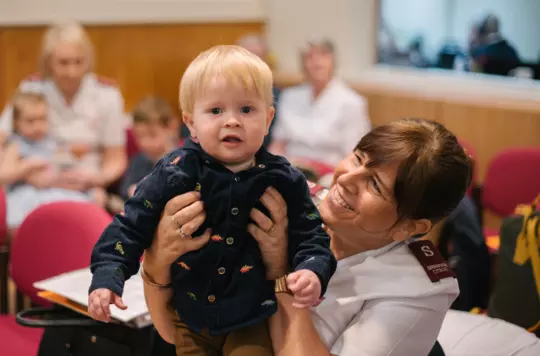15 June 2024
Mission priorities explained: Care for creation

Salvationist unpacks the care for creation mission priority in discussion with Major Heather Poxon (THQ) .
Our intention as a territory is to love God and love others. How does caring for creation fit in with that?
God calls us to love him and love others. If we love him, then we love what he loves. He created the world and he loves the world so much he gave us his only Son.
Why is caring for creation one of our mission priorities?
The five mission priorities are integrated with each other. We share the good news – that God so loved the whole world is the good news. We nurture disciples of Jesus – part of discipleship is caring for creation. We serve others without discrimination and seek justice and reconciliation – when we don’t care for creation, other people suffer.
How we behave impacts the climate crisis. Rising global temperatures cause the floods, droughts, heatwaves and fires people around the world are facing. Our territory’s vision is fullness of life for all with Jesus. The people impacted by the climate crisis who experience suffering and pain – that is not fullness of life. That is an injustice.
What is the biblical basis for caring for creation?
John 3:16: ‘God so loved the world that he gave his one and only Son.’ The word ‘world’ in Greek is kosmos, which means all creation, yet we often think about the world just in terms of people. God gave his Son that all creation would be reconciled with him (see Colossians 1:19 and 20, and Romans 5:8–11). That’s what we’re working towards.
Genesis 1:26: ‘Let us make mankind in our image … so that they may rule over the fish in the sea...’ We often see that word ‘rule’ as something negative, but if we are doing that in the image of God, we love and care as he would for something he saw as ‘very good’ (see Genesis 1:31).
Genesis 2:15: ‘God … put him in the Garden of Eden to work it and take care of it.’ The word for ‘home’ in Greek is oikos, from which we get ‘economy’ and ‘ecology’. Economy is the management of our home. Ecology is how everything in our home works together. We tend to think economy and ecology are separate, but we need to bring those together – working and taking care of creation. That’s how they were meant to be.
Psalm 24:1: ‘The Earth is the Lord’s, and everything in it’ (New Living Translation). When we try and control it, it goes wrong. Yet we like to be in control. I think we’ve become very enclosed in today’s world with our phones and computers. We kind of box ourselves in.
Job 12:7: ‘Ask the animals, and they will teach you.’ Creation was God’s first way of communicating with us. We have lost something of that learning from creation. We need to listen to God through what he has created.
What does caring for creation look like in practice?
The Earth is our home and we share it with humans and non-humans. The way I care for my own house – keeping it tidy, clean, healthy – should be how I care for our wider home. A recent global survey found the following to be the most impactful things an individual can do to reduce global warming: One, vote for a government with good environmental pledges, because governments have power to make changes.
Two, reduce the number of flights we take, for holiday or work. Three, reduce the amount of meat we eat. Four, reduce energy consumption in our homes and use green energy. Then things such as reducing food waste, recycling, walking or taking public transport rather than a car.
What’s the end goal?
A complete change of mindset. We need to tread softly and treat this world as God would – God loves it. Caring for creation is part of our worship to God.
What’s the biggest challenge we face in this mission priority?
The fact that humans don’t change their behaviour unless they or their families are impacted. Scientists are concerned we may have already breached the 1.5 degree threshold of global warming. It’s like a ship: we can’t put the brakes on, but we can keep it from going too far down this route.
What’s the most encouraging thing about this mission priority?
The engagement of the territory’s leadership with this mission priority. The willingness to invest in it. It’s brilliant and so encouraging. Also, growing awareness, as children are talking about it. People are asking what they can do in their context. More corps are becoming Eco Churches. As Anne-Marie Bonneau wrote: ‘We don’t need a handful of people doing zero waste perfectly. We need millions of people doing it imperfectly.’
Discover more

Supporting the territory to care for creation and tread softly on our common home.

Worship resources to give a regular focus to the importance of this topic and to understand more about the fullness of God's nature and purpose.

The Salvation Army's International Positional Statement on Caring for the Environment.
